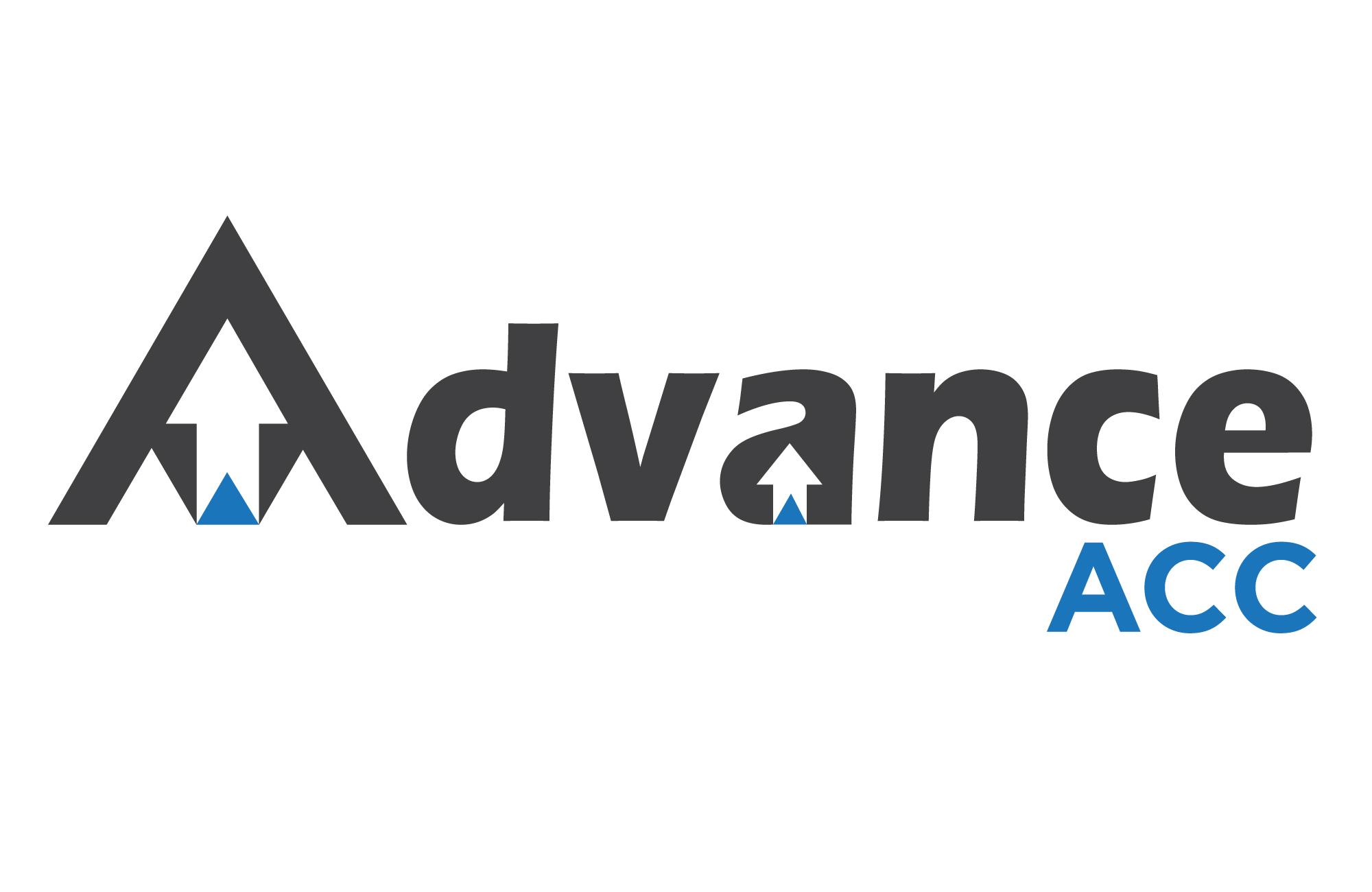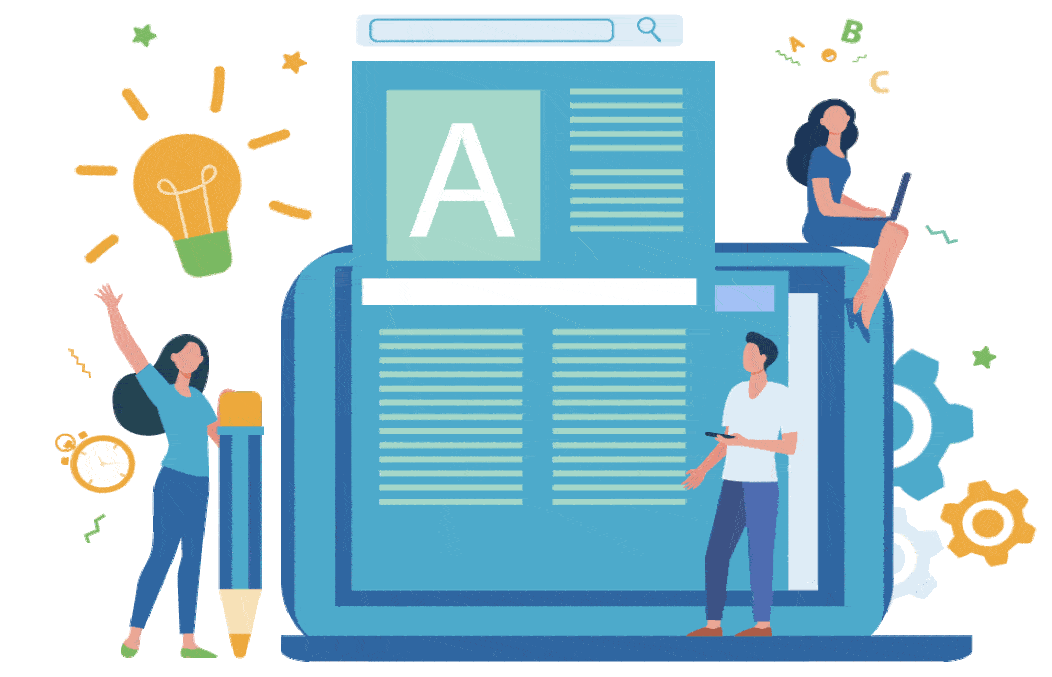Features Of Our Advance Accounting System

1. Core Accounting
Accounting is the backbone of every system, and it is the feature that organizations should priorities when seeking a dependable solution. A general ledger, fixed assets, accounts payable and receivable, and bank reconciliation are all examples of accounting. They are the most fundamental and vital, although complex systems provide much more to their users.
2. Creating Invoices and Billing
Certain accounting systems are solely dedicated to billing and invoicing, but the majority of them nevertheless see billing and invoicing as an essential component of any financial process. Although it may provide value to some firms, most companies nowadays choose a small ERP system that not only creates invoices but also performs a full range of accounting and financial duties, as well as meeting tax compliances, such as Advanced Accounting software.
3. Payrolls Management
The payroll administration tool may be used to calculate and handle employee payments. You will be able to prepare and print their checks without any difficulties, and you will be able to respond to legal activities and tax obligations without making any mistakes. The payroll administration module is quite popular, and businesses who do not have it can install it later as an add-on module.
4. Preparing Budgets and Predicting Outcomes
This is a packaged feature of accounting software that most accounting software packages provide as part of their mainline. This category allows you to calculate and understand financial performance for the current year, as well as forecast the budget for the following year based on the previous year's data trend. Companies may use this tool to develop estimations and set realistic and enthusiastic sales goals.
5. Inventory Management
It's a function that accounting systems give for stock control options depending on data provided by them. It is in this plant that firms will discover all of the tools required to offer their product lines a longer shelf life. It also means they will be able to monitor product availability and movement, as well as avoid delivery concerns like overstocking and under stocking.
6. Asset Management
These features of accounting software, known as "fixed asset management," can be used as a standalone tool or as part of a larger module to assist handle financial data more precisely. This category includes functions like audit history, cost records, calculating depreciation, distributing resources to departments, etc.
7. Reporting canvas
Accountants today have a lot of tasks in an organization, such as looking after business data and information. Accounting software provides all-time solutions that accountants require to accomplish their jobs, just as a professional uses tools to perform his duties. Today's accounting systems include powerful reporting and analytics features that substantially aid decision-making in financial and statistical problems. It gives accountants and finance managers critical financial insights and precise financial data, which they may then present to management for direction.
8. Interoperability
Other corporate software can leverage the data entered into the accounting software. HR, CRM, sales, shipping, and other departments may need to use the information. As a result, the selected system should be able to work with data from other programmers as well. In most businesses, a variety of software is employed, as a result, the accounting platform you select should be able to function in tandem with other software.
Benefits Of Our Advance Accounting System

1. It saves your time.
Like any new software system, there is an investment of time upfront to set up your accounting software, but once you do, it will save you hours of work each week by handling time-consuming manual bookkeeping and accounting processes automatically. For example, you won’t need to download CSV files from your credit card or bank accounts and manually enter data on your spreadsheet in order to review your transactions: Accounting software pulls all the data for you automatically.
2. It instantly generates key financial reports.
No more waiting while your administrative assistant puts together your monthly reports: Accounting software platforms have built-in reports that are automatically updated. With the click of a button, you can download your P&L Statement (or Income Statement), Balance Sheet, and Cash Flow Statement, showing key insights like income and expenses for the month, quarter, or year. If you have more specific reporting needs, you can usually customize reports by filtering the data or adding extra detail, and save these reports to run again in the future.
3. It syncs all your financial data.
If your data is stored across multiple platforms—bank accounts, credit card accounts, and payroll services—it can take hours of going back and forth between the platforms to collect the data you need. Accounting software will sync the data from all your online accounting tools via API, so you don’t need to download financial information from each individual source and spend time on data entry to put together a complete financial record.
4. It promotes data accuracy.
With our accounting software, you don’t have to manually update multiple cells in multiple sheets if you make a change to your records. Instead, your financial statements and reports will be automatically updated to reflect any changes you make, helping you keep your data free of errors.
5. It produces professional-looking financial statements.
Once you start getting external requests for financial statements, it’s important to present documents that look professional rather than DIY. Particularly when you’re dealing with potential investors, the financial statements you share need to be accurate, properly formatted, and delivered on time. If they aren’t, they give a negative impression of the state of your finances and you could lose out on deals. Accounting software produces financial statements in standardized formats that are ready to download and share when requests come through.
6. It simplifies payroll.
While you’ll likely need a specialized payroll system at some point, many small businesses use accounting software to handle their payroll while their business is still growing. With accounting software, you can automate payments to employees, calculate healthcare and insurance contributions, and get accurate payroll tax information.
7. It gives detailed insights.
If your chart of accounts is set up properly, you can use accounting software to track your transactions by departments, projects, locations, or classes. This gives you a clear picture of what your income is attributable to and your areas of expense, helping you generate more specific reports and make strategic decisions.
8. It reduces inventory errors.
Some accounting software platforms include basic inventory management tools that automatically updates to show the number of each product you have on hand, what’s been sold, and when you need to restock. Our Accounting software is an easy way to get accurate, real-time information on your stock levels, instead of relying on error-prone manual data entry.
